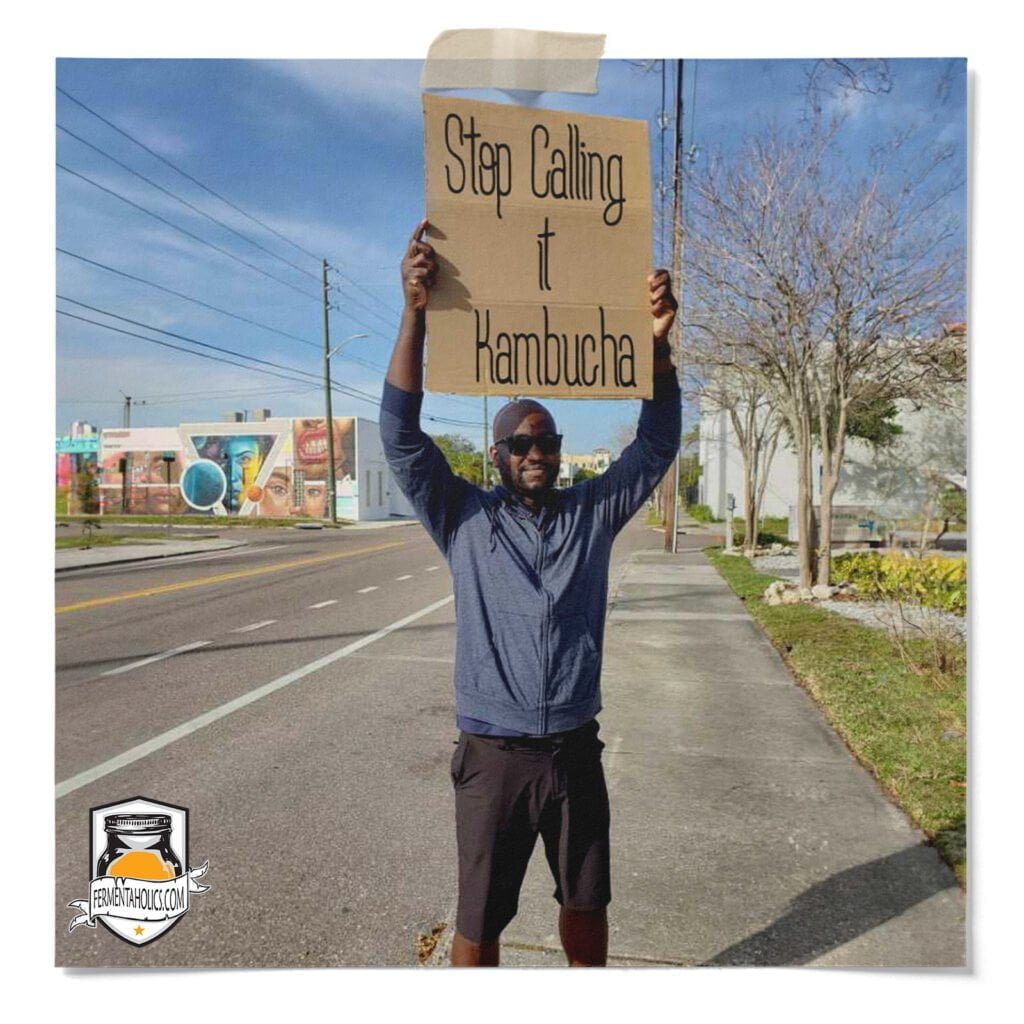
If you’re like most people, it’s likely the first time you came across the word kombucha you either saw it on a store shelf or read it online. When you read a new word, the pronunciation a lot of times is an educated guess. So if you are here fact-checking your pronunciation, we have you covered. In addtion to the correct pronunciation, we’ve put together a list of the most common mispronunciations. The first time I heard the word kombucha, it was spoken, so I’ll never know how I would have pronouced it my first time around. So how is kombucha pronounced? It’s pronounced kuhm·boo·chuh.
The reason for the formation of a new SCOBY in the bottle is often due to the extra head space. For example, if you were to fill your swing top bottles halfway with kombucha, your bottle would now be half liquid and half air. The extra air in the bottle is now available as a resource for the culture to draw from, which will help to promote the formation of a SCOBY.
Now, similar to your primary fermentation, the bottles now have an extra but limited supply of air to work with inside the bottle. With additional air space, the likelihood of SCOBY forming inside the bottle increases.

‘Kombucha’ is pronounced as kom-BOO-cha.
The word ‘Kombucha’ is believed to have originated from Japan. The term ‘Kombucha’ comes from the Japanese words ‘kombu’, meaning ‘kelp’ and ‘cha’, meaning ‘tea’.
